-
•
•
31 responses
I happened to run into my friend Sam a couple of days ago in the food line at Costco, and his first words were, “I’ve been diligently reading your posts on Times and Seasons.” “Thanks,” I said. “I only said I’ve been reading them. I didn’t say I liked them.” “So you didn’t like them?” “Well, some of them have been . . . interesting. But you’re dodging and dancing around the elephant in the room.” “That would be quite a feat,” I said. “But what do you mean? What elephant?” “The elephant,” Sam said obscurely, “is the prevailing paradigm.… Read More
-
•
•
2 responses
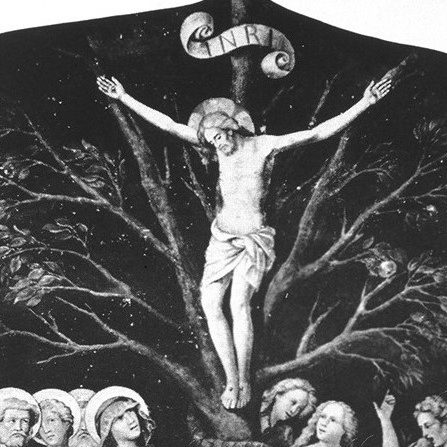
The tree of life and its fruit mean many things to many different people. Immortality, eternal life, the presence of God, and Jesus the Christ are all important meanings of the tree in our tradition, but many more could be stated. Among Christians, one prominent meaning of the tree of life is as a symbol of the Christ. One way in which this is the case was hinted at when the apostle Peter spoke of Jesus’s death and crucifixion as being “killed by hanging him on a tree.”[1] The cross is referred to as a tree elsewhere in the New… Read More
-
•
•
16 responses
The story has been told and retold. An earnest young man, intent on escaping the confusion of the world around him, seeks a secluded place to pray, hoping to receive divine guidance. And while praying, he receives a remarkable revelation from God– a commission, really, to restore the church. I’m referring, of course, to Francis of Assisi. Sensing the futility of the world of businessmen (like his father), of troubadours (whom he had admired), and of soldiers (he had been one), Francis retired to the old church at San Damiano to pray. As he was praying, he heard a voice… Read More
-
•
•
29 responses
Overheard while eavesdropping in the Deseret Diner: First speaker (let’s call him Adam): I’m not a member of your church, as you know, but I’ve lived among Mormons for most of my life, talked with missionaries, attended lots of meetings with friends. Done a lot of reading. There’s so much I admire about your church– its moral teachings, its family life, its community. And its genuine faith in Jesus Christ. (I’m an Evangelical, and this is important to me.) I don’t know of a church these days that does as much to spread the basic Gospel message– through your missionaries… Read More
-
•
•
14 responses
One of the major points of discussion in recent weeks is over an error in the printed “Come, Follow Me” manual. A Joseph Fielding Smith quote with racist content was included in the discussion of 2 Nephi 5 and it was only noted that it does not accurately reflect Church doctrine after the manuals were printed. The decision was made to change the digital version of the material but to send out the manuals as printed, with the belief that most members would be using the digital version. Church statements to the press have focused on re-affirming that Church rejects… Read More
-
•
•
4 responses
I hope I’m not abusing my privileges as a guest blogger with this post, which is not critical or intellectual but more in the inspirational vein. To me, the post is not unrelated to discussions we’ve been having on this blog. In previous posts I’ve referred more than once to a conviction that God is at work in this Church. Without that conviction, what would be the point of making the effort to try to work out some of the difficulties we’ve been discussing here? Still, I admit that the main reason for posting this is just that a man… Read More
-
•
•
4 responses
I teach nine-year-olds for Primary, and I’ve started composing new verses to the old primary song Book of Mormon Stories as a way to recap the events before we get into discussion and activities. Here are four verses (which are arguably terrible but also instructive: I’m clearly not a songwriter) that go along with tomorrow’s Come, Follow Me lesson for 1 Nephi 16-22. At the end of many lines are optional interjections (in the style of “Rudolph, the Red-Nosed Reindeer“). I share them in case they might be useful for primary or family lessons tomorrow. The Liahona Lehi and… Read More
-
•
•
22 responses
When I signed on to be a guest blogger, I didn’t anticipate writing a post like this one. But several comments on earlier posts have pushed me to say a few words in behalf of sin, . . . or at least of sinfulness, . . . or at least of recognizing the pervasive reality of sinfulness. More specifically, in response to the question of what it is essential to believe in order to count oneself a Christian and a Latter-day Saint, several commenters recently suggested that the answer might be simply: love. Loving God and loving our neighbor. This… Read More
-
•
•
25 responses
In a ward council meeting a few years ago, someone mentioned that Brother So-and-So was struggling with doubts about the Book of Mormon. “Tell him to stop worrying about that,” the bishop said, “and think about what the Church does for him in his life.” This bishop (whom I dearly love) was a sort of down-to-earth, commonsensical fellow, and I thought this was wise advice, although– or maybe because– the instruction was ambiguous. It might have meant something like “If Brother So-and-So reflects on the blessings that the Church brings to his life, he will come to realize that this… Read More
-
•
•
6 responses
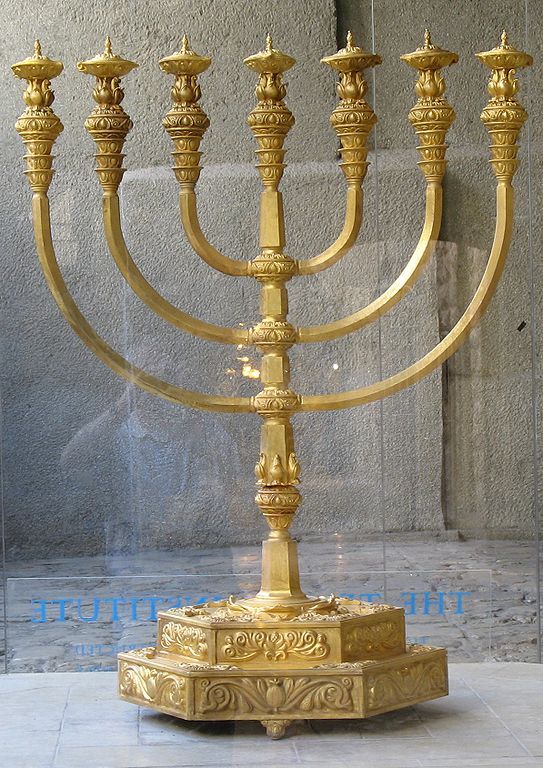
Truman G. Madsen once wrote: “Religious literature, ancient and modern, is replete with images of a tree of life that is to be planted in a goodly land by a pure stream. Some typologies regard it as the link at the very navel of the earth—the source of nourishment between parent and child—and place it at the temple mount in Jerusalem, where heaven and earth meet. The fruit of this tree is most precious.”[1] The tree of life is often portrayed as a tree from heaven, a symbol of paradise or of God’s presence itself. Hence, it is fitting that… Read More
-
•
•
34 responses
Call him Ishmael. The man has been coming to church with the missionaries for six or eight months now, and he seems a bit different from other investigators and recent converts we’ve seen in our ward. Most of these people have been, let us say, humble in their financial circumstances and educational attainments. Ishmael, by contrast, seems like someone who will not be needing welfare assistance: he is a doctor, mid-30s, good health, thoughtful and well-spoken. Before today, you had introduced yourself to Ishmael but had not talked with him at any length. But as it happens, it’s the third… Read More
-
•
•
22 responses
In Matthew 13, Jesus compares the kingdom of heaven to a mustard seed which, though tiny, grows into a tree in which the birds can nest. A verse later, Jesus compares the kingdom to yeast that the baker “hid” in a loaf of bread, causing the bread to rise. The comparisons seem to reflect quite different conceptions. In one, the kingdom is large and conspicuous, visibly structuring and supporting those who knowingly depend on it. In the other, the kingdom is a tiny and mostly imperceptible part of the mix. It is not and will never become a very substantial… Read More
-
•
•
3 responses
To update what Craig wrote in 2010: Times and Seasons is happy to welcome as a guest blogger Steve Smith, who teaches and writes mainly about religious freedom, constitutional law, and jurisprudence. His most recent book is Pagans and Christians in the City (Eerdmans, 2018). Steve graduated from BYU in 1976 before studying law at Yale, and he has taught at various law schools including Notre Dame, Colorado, Idaho, Michigan (as a visiting professor), Virginia (as a visitor), and the University of San Diego, where he is currently employed. Steve’s wife Merina also attended BYU, and they have five children.… Read More
-
•
•
10 responses
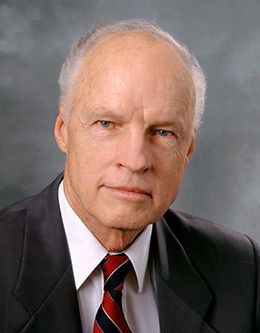
Throughout the twentieth century, the Church of Jesus Christ of Latter-day Saints has seen several academic figures who had an impact on the collective thought of church members. Hugh Nibley and Eugene England are a couple examples of this group, but one other well-known academic figure in 20th century Mormonism that stands out is Truman G. Madsen. A philosopher and an educator, Truman G. Madsen is best known for his lectures on the Prophet Joseph Smith and some of his other works on Latter-day Saint theology, philosophy, and history, such as Eternal Man, Defender of the Faith: The B. H.… Read More
-
•
•
10 responses

One of the more controversial aspects of Nephi’s vision of the tree of life is the great and abominable church or church of the devil. In his record, Nephi states that “there are save two churches only; the one is the church of the Lamb of God, and the other is the church of the devil” (1 Nephi 14:10). At times, Church leaders and members have associated “the church of the devil” with specific organizations, such as the Roman Catholic Church, while at others, they have tried to use it as a metaphor for any organization that promotes evil. In… Read More
-
•
•
3 responses

We are now in the year 2020, which is 200 years after the date that Joseph Smith said that he was first visited by God the Father and Jesus the Christ. At the most recent general conference, President Russell M. Nelson noted this anniversary and invited us to “prepare for a unique conference that will commemorate the very foundations of the restored gospel.”[1] On New Year’s Day, he reiterated this, stating that: “I designated 2020 as a bicentennial period commemorating 200 years since God the Father and His Beloved Son, Jesus Christ, appeared to Joseph Smith in a vision.”[2] In… Read More
-
•
•
2 responses
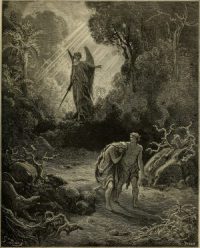
Between reflecting on Mack Wilberg’s choral piece “The Tree of Life,” preparing for the Book of Mormon Come Follow Me curriculum, and studying the Revelation of John the Divine these past few weeks, the tree of life has been on my mind. I thought I might share some reflections on the subject by highlighting possible meanings of the tree of life and its fruit in a series of posts, including immortality and eternal life, the presence of God, and Jesus the Christ. Immortality and eternal life are two of the possible meanings of the tree of life. In the Hebrew… Read More
-
•
•
26 responses
Yes. Should historians write about current events? Maybe not. But when they do, they shouldn’t do it like this. Read More
-
•
•
22 responses
Do not ascribe to fear or compulsion what can be best explained by love. Read More
-
•
•
One response
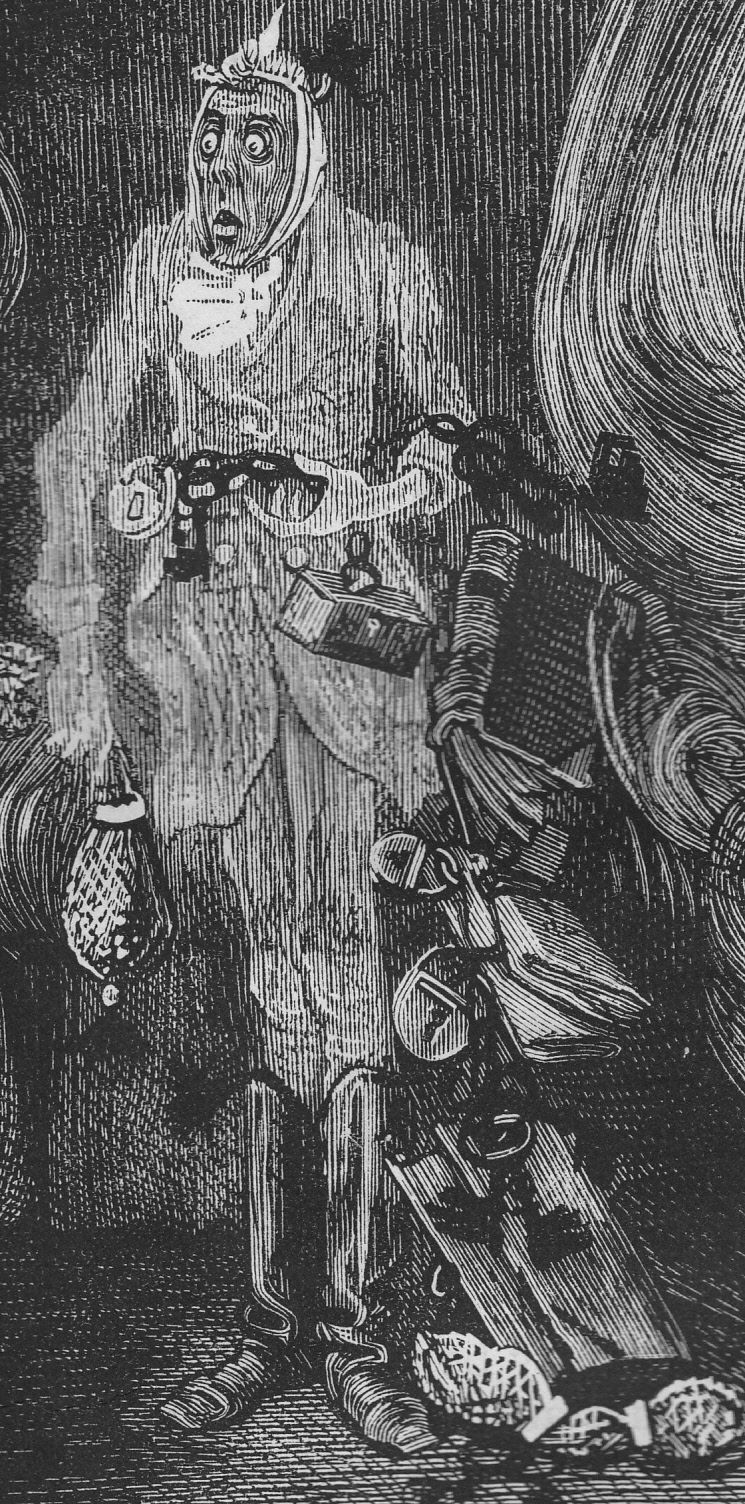
As I mentioned in my last post, I read Dickens’ novella, A Christmas Carol each year at this time. As a result of reading it and re-reading it, for me this story has passed from mere entertainment to something much more. In the story Dickens introduces us to Ebenezer Scrooge, who is visited on Christmas Eve by the ghost of his business partner, Jacob Marley. Scrooge hears his approach as chains and weights rattling over the floor and on the stairs and sees Marley weighed down by chains when he appears. During their visit, Scrooge asks Marley where his chains comes from,… Read More
-
•
•
4 responses
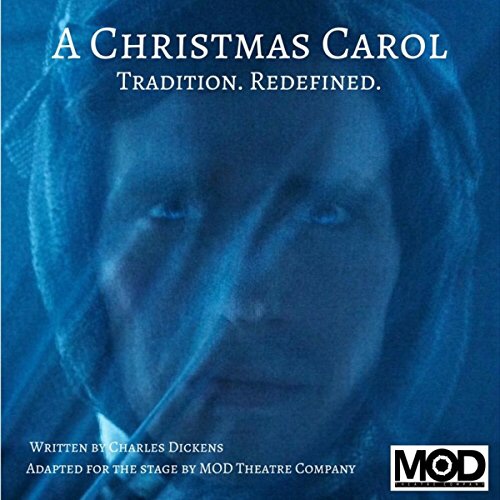
At Christmas time, one of my holiday customs is to read Dickens’ novella, A Christmas Carol. I may be a little obsessed with the story — I have three different audio versions on my phone, including one produced by members of my home ward. As a result of reading it and re-reading it, for me this story has passed from mere entertainment to something much more[1. I say “Gospel According to A Christmas Carol” not because I think A Christmas Carol is scripture, but because it is a view of what the gospel teaches — like each of the four… Read More
-
•
•
16 responses

There are several hot topics that come up on a regular basis in the Church. One of those is women’s relationship with the priesthood in the Church. Concerns over equality in policy making, involvement in the life of the Church, and quite a few other things factor into this issue. Given that women comprise half (or more) of the membership of the Church, it is of huge importance to all members. One notable voice speaking about women and the priesthood is Wendy Ulrich, who recently published a book on the subject entitled Live Up to Our Privileges: Women, Power and… Read More
-
•
•
4 responses
A couple of years ago I spent an afternoon digging weeds from my lawn, sweating into a soupy heat with podcasts for company. The talk-worn topics of online Latter-day Saint discussion skated past–power and privilege, margin and center, faithfulness and critique, one familiar beat after another. In a moment, it dawned on me that this guest was speaking with a rare candor and originality. On issue after issue, she delivered incisive analysis together with warm, but never sentimental, description of the immersive quality of a Latter-day Saint ward. I had never heard my own soul-grounding experience of lived religion articulated… Read More
-
•
•
4 responses
When I teach Revelation 1-11 to my youth Sunday School class, I’ll probably start off by saying something about gasoline. Read More
-
•
•
11 responses
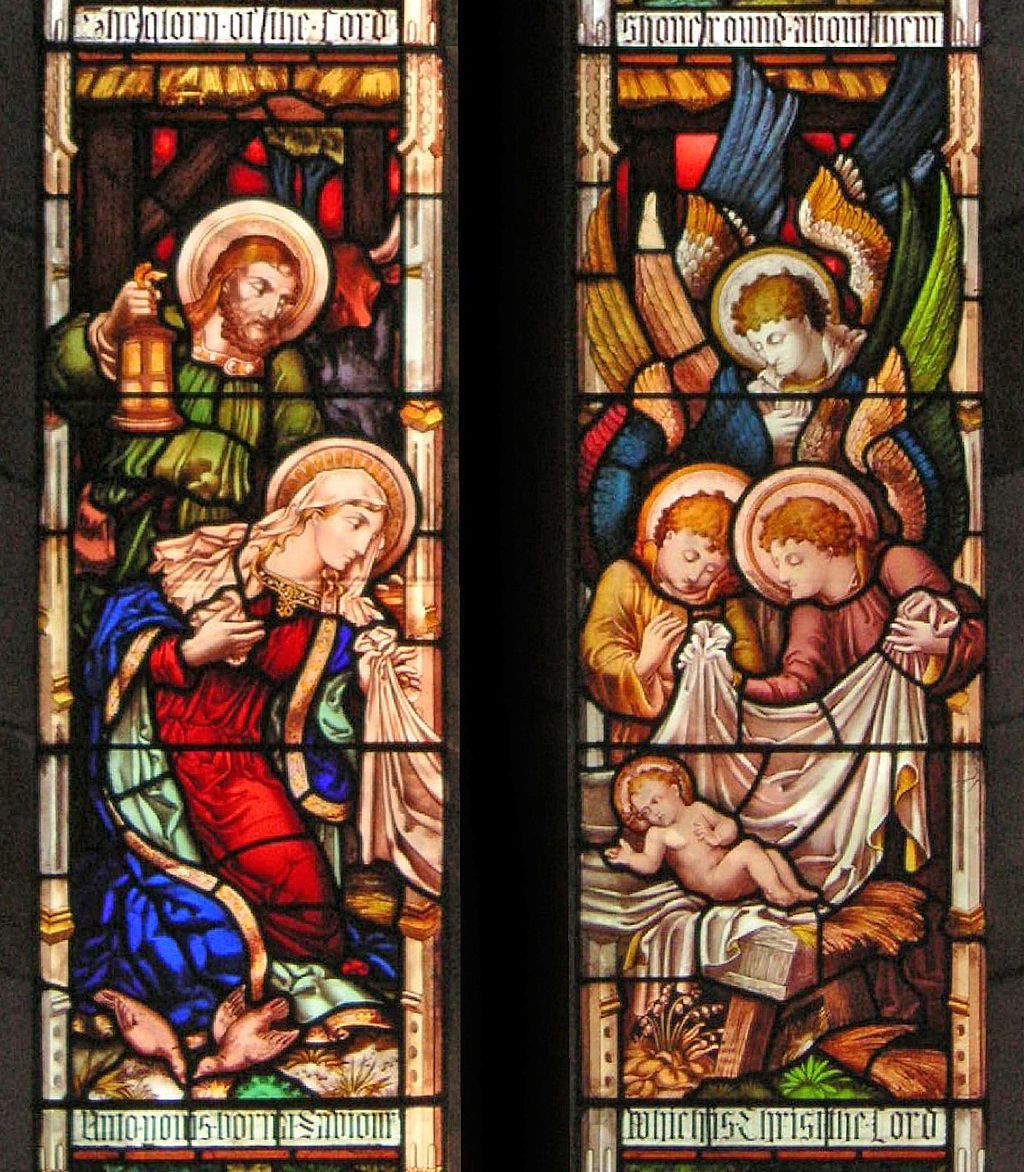
My sister recently sent the planned text for the sacrament meeting program in her ward (she is involved in the planning) to me and the rest of our siblings for our suggestions. It was fine, lovely even. It was full of Christmas hymns with brief introductory and concluding texts. Sound familiar? Other than this type of sacrament meeting dominated by Christmas hymns, the only other format I’ve seen is one or two Christmas talks supported by a few hymns — basically a normal Sacrament Meeting where the content is focused on Christmas. Is there room for something else? Read More
-
•
•
One response
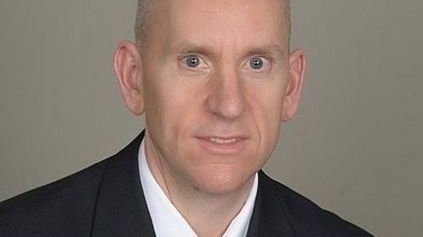
Latter-day Saints in the United States of America have had an impact in the field of law. Attorney Brian Craig highlighted some of the most important Latter-day Saint Lawyers in a recent 10 questions interview with Kurt Manwaring, after publishing a book called Latter Day Lawyers. What follows here is a short summary of the 10 questions post, but the full interview can be read here. The basis of Brian Craig’s book is the idea that “a select group of lawyers and judges of a particular religion have influenced the constitutional and legal rights of all Americans under the backdrop… Read More
-
•
•
33 responses
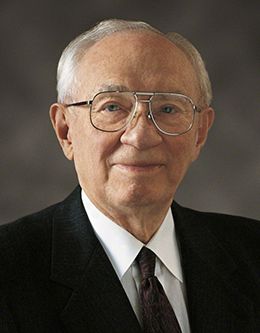
In the April 1997 General Conference Pres. Hinckley said everyone deserves “three things: a friend, a responsibility, and nurturing with ‘the good word of God’”[1. Gordon B. Hinckley, Converts and Young Men, General conference, April 1997]. If local leaders take this seriously, then: What responsibilities/callings can be given to someone who doesn’t think they are worthy? What responsibilities/callings can be given to someone who hasn’t resolved a serious sin? What responsibilities/callings can be given to someone who doesn’t wear garments? What responsibilities/callings can be given to someone who doesn’t pay their child support? What responsibilities/callings can be given to someone who… Read More
-
•
•
2 responses
The people of Hong Kong have delivered a spectacular message in Sunday’s elections, with a nearly total reversal of the 2015 election results. With a 71% turnout, and more than twice the votes cast compared with the last such election, there is no mistaking where the great majority of Hong Kong’s people stand on the direction of their society. This moment presents a vital opportunity for a shift to constructive engagement between pro-democracy activists and the government of Beijing-appointed Chief Executive Carrie Lam. Months of increasingly bold protests, met with increasingly aggressive government response, had created a tense standoff in… Read More
-
•
•
2 responses
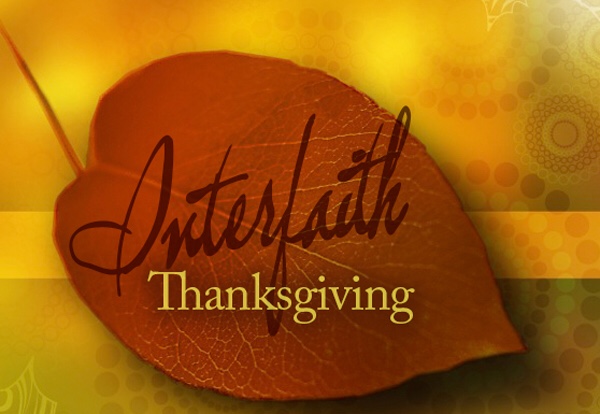
This coming Sunday our neighborhood will hold its 6th annual Interfaith Thanksgiving celebration. As many as 500 members of Jewish, Protestant, Catholic and Mormon congregations will join together for a program giving thanks and blessing children, followed by a communal thanksgiving dinner[1. FWIW, the keynote speaker this year is Dr. Ruth Westheimer! who is a member of one of the congregations]. As I’ve participated in the planning for the celebration each year, I’ve been pleased that our congregations are able to agree on so much. The nature of the holiday helps, I think, because Thanksgiving is nearly a universal holiday Read More
